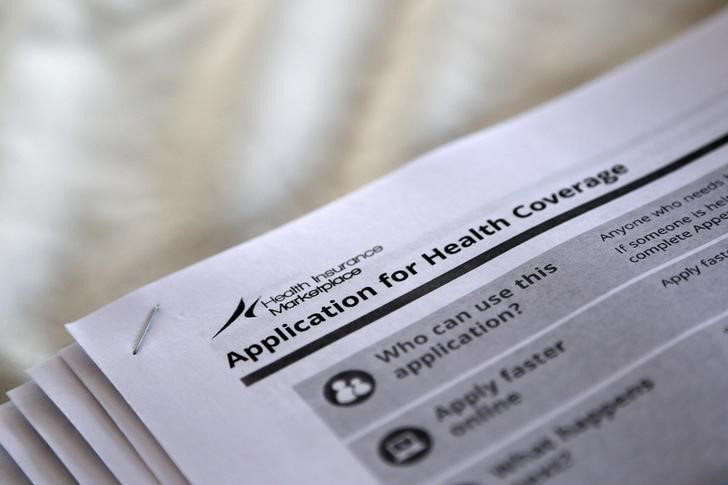UPDATED – WASHINGTON (CNS) — Here are some of the main provisions of the U.S. House bill to repeal and replace the Affordable Care Act. The bill, the American Health Care Act introduced March 6, was written by Republicans in the House of Representatives.
— Repeals the mandate that individuals purchase and small businesses offer health insurance or face a tax retroactive to Jan. 1, 2016.
[hotblock]
— Eliminates any government subsidies, such as tax credits, for health plans that cover abortion (except in cases of rape, incest or to save the life of the mother).
— Blocks about $500 million in federal funding for Planned Parenthood, the nation’s largest single abortion provider.
— Repeals most taxes, including those on medical devices, over-the-counter medications, indoor tanning services, brand pharmaceutical manufacturers and the Medicare tax increase beginning in 2018.
— Postpones the 40 percent excise tax that employees would pay on employer-sponsored high-cost health insurance plans from 2020 to 2025.
— Repeals the $2,500 limit on contributions to a flexible spending account.
— Increases the maximum contribution to a health savings account to the amount of deductible and out-of-pocket expenses; the basic limit will be at least $6,550 for individuals and at least $13,100 for families beginning in 2018.
— Rolls back the increase in income threshold for a medical expense deduction for taxpayers or spouses 65 or older from 10 percent to 7.5 percent beginning in 2018.
— Reinstates the retiree drug subsidy to help employers cover actual spending for plans that offer retiree prescription drug coverage.
— Introduces a refundable tax credit for the purchase of state-approved major medical insurance and unsubsidized COBRA health insurance. Eligibility for the new credits phases out at income levels between $75,000 and $115,000. Credits are age dependent: under age 30, $2,000; between 30 and 39, $2,500; between 40 and 49, $3,000; between 50 and 59, $3,500; and over age 60, $4,000
— Retains requirements to guarantee issue coverage (meaning a policy is offered to any eligible applicant without regard to health status) and keeps the prohibition on discriminatory insurance premiums, the prohibition of exclusion for pre-existing conditions and the requirement to extend dependent coverage to age 26.
— Retains health insurance marketplaces and open enrollment periods.
PREVIOUS: Catholic leaders react to House bill to repeal, replace health care law
NEXT: Teens, tweens want news, but get it from different sources



Share this story